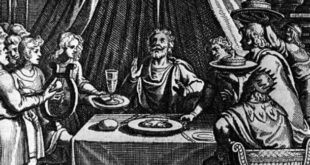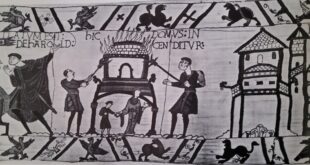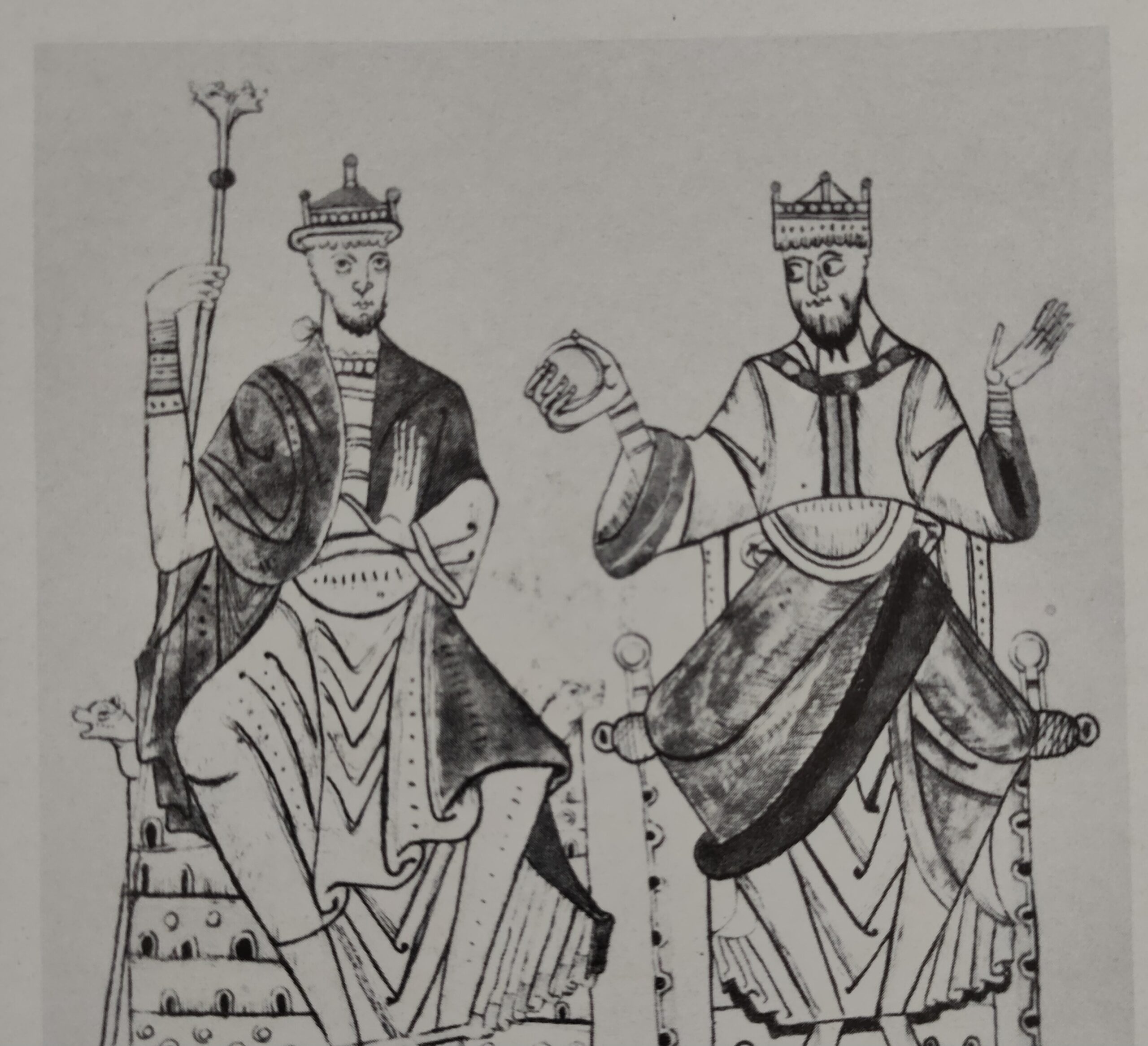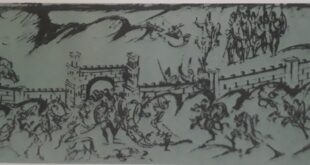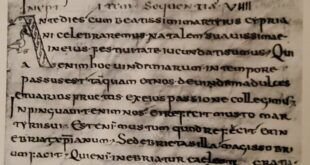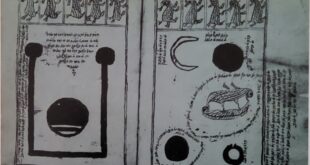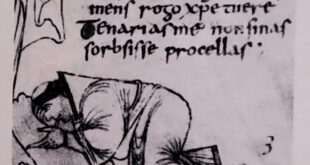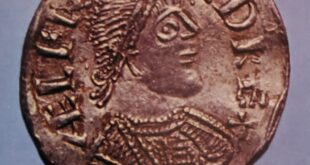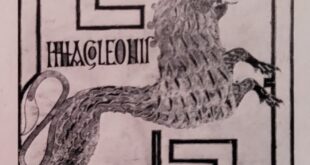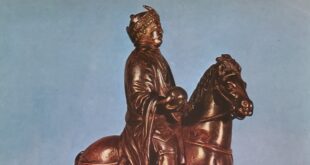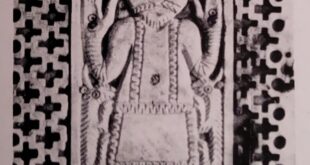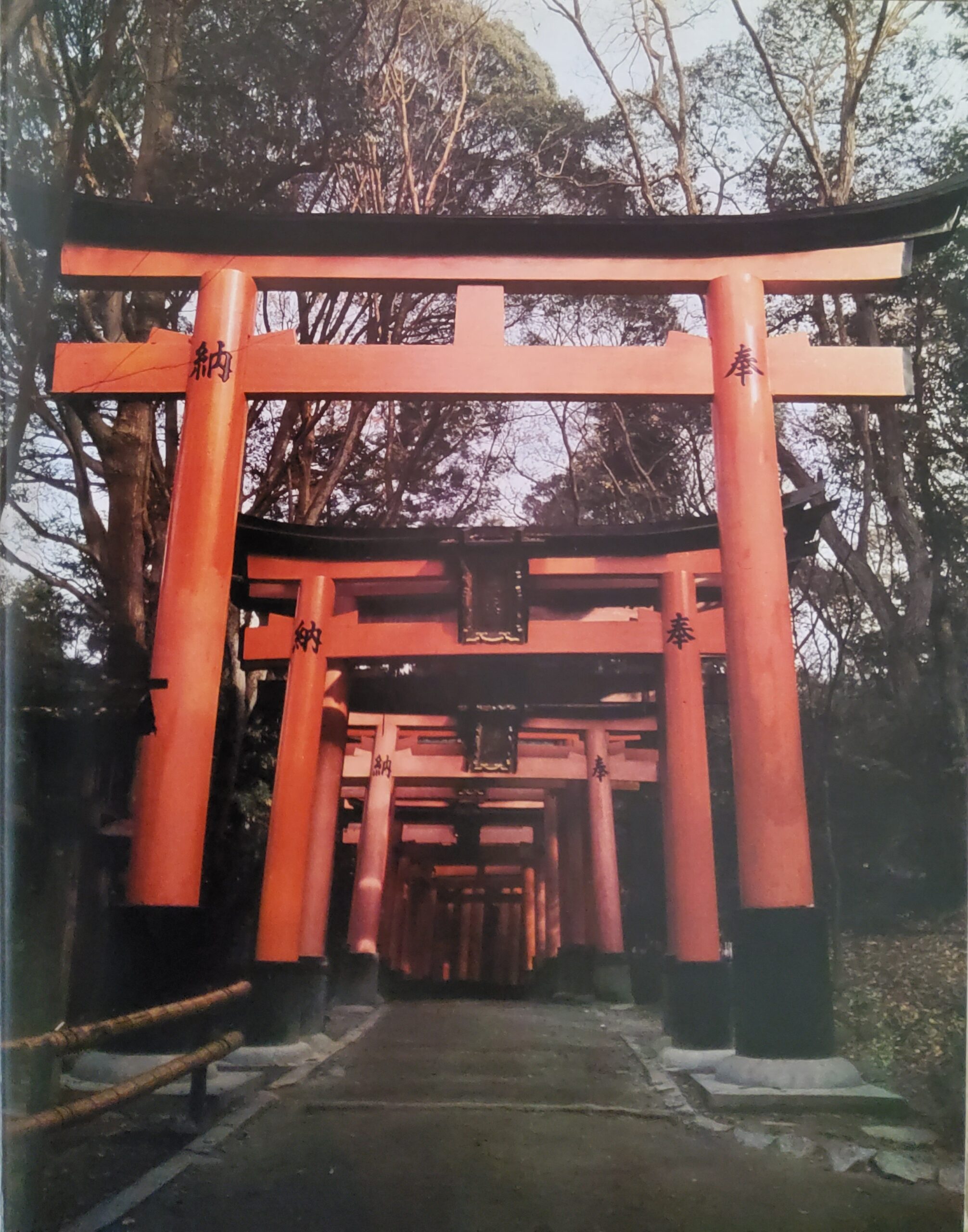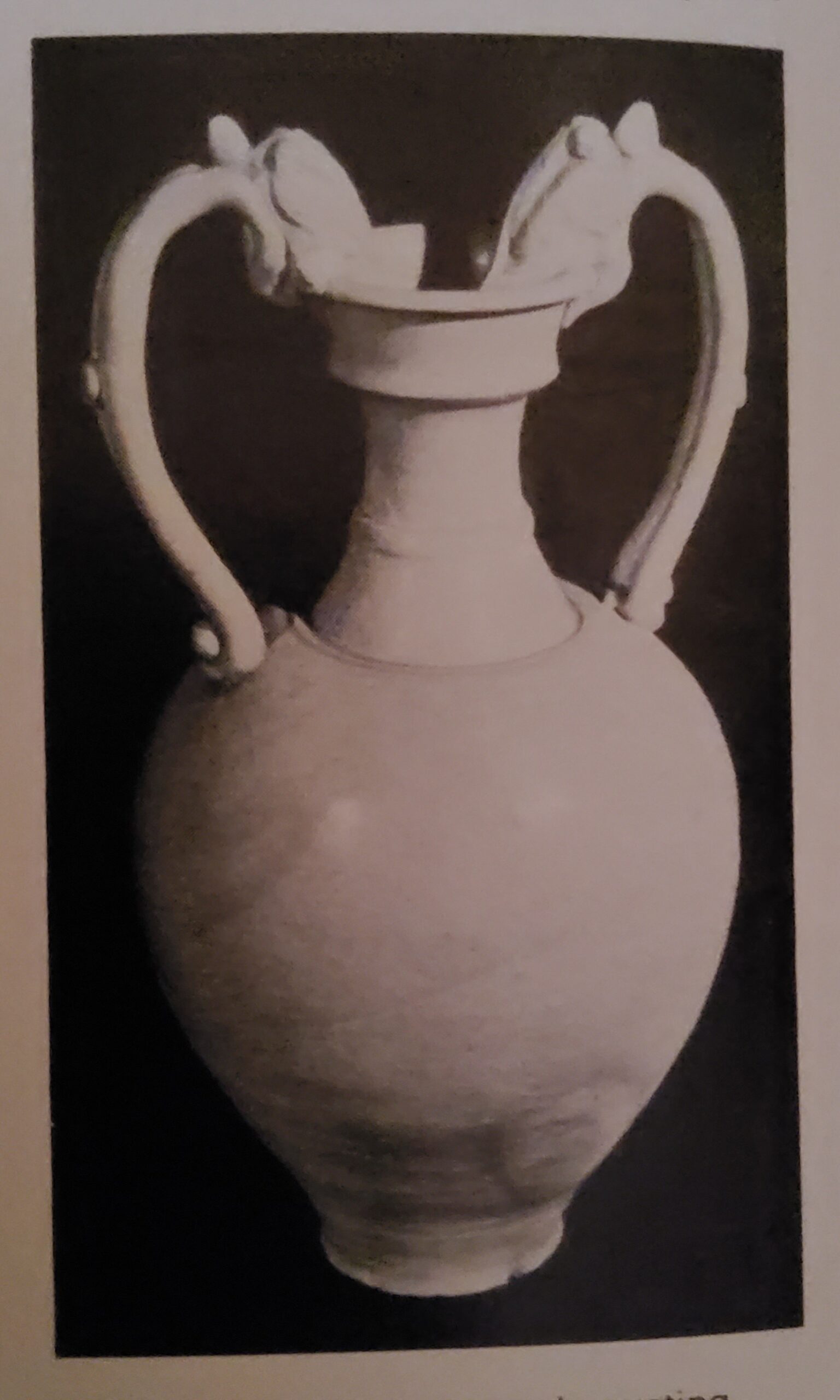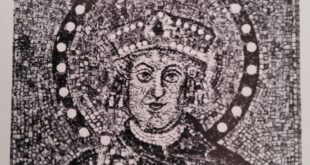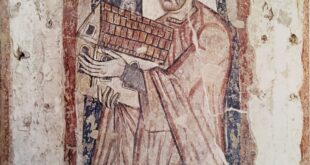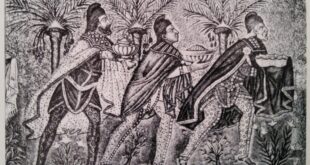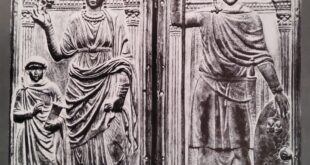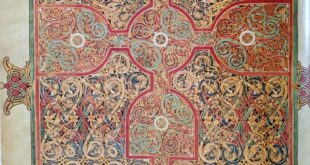Hellenistic Age is the period after Alexander’s death. Alexander drank too much on an autumn night in the year 323, or because medical science was not yet far enough advanced to cure the fever which his excesses brought on, another experiment in philosopher kingship, or at least in philosopher-guided kingship, ended prematurely. Not that Aristotle had accompanied Alexander, but they had corresponded and if Alexander had thought of settling down and concentrating on administration, Aristotle, who studied the constitutions of 158 Greek states, would have been the man to advise him. On the other hand Alexander also corresponded with his mother, Olympias, a vile woman who had probably been concerned in the murder of his father, Philip. Whether her influence or Aristotle’s would have prevailed over the years is anybody’s guess.
Alexander’s empire broke up after his death, but part of it (roughly, the countries west of the Euphrates) remained united by Greek language and customs; they had been “hellenized”. Historians therefore called the period after Alexander’s death the “Hellenistic Age” and the centre of “Hellenism” was Alexandria. The lighthouse there was among the seven wonders of the ancient world and Alexandrine learning shone as brightly.
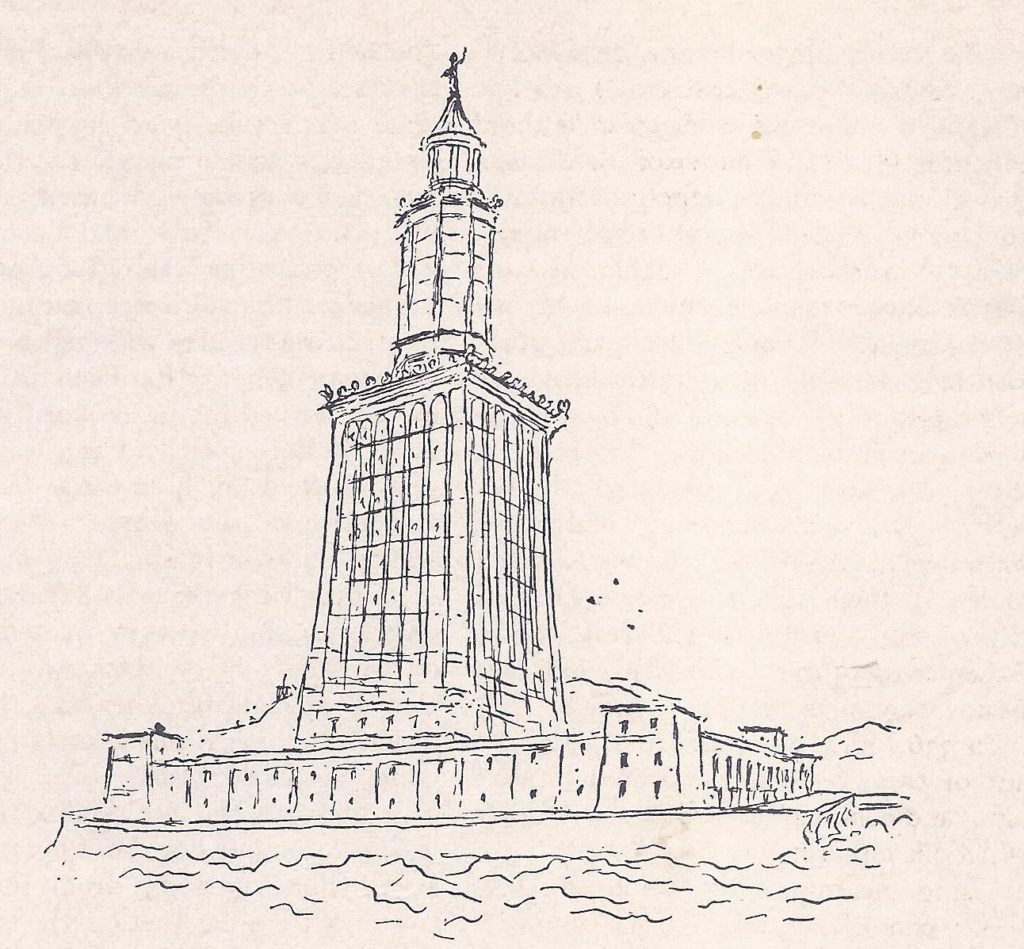
The Elements of Geometry by Euclid (323-283) was still a textbook in the 19th century; Eratosthenes (276-196) measured the circumference of the earth by a method not very different from that used to-day; dissection was allowed and medical knowledge therefore increased; the Hebrew Old Testament was translated into Greek (tradition attributed the work to seventy scholars, whence its name —the Septuagint) and Alexandria later became a centre of Christian learning.
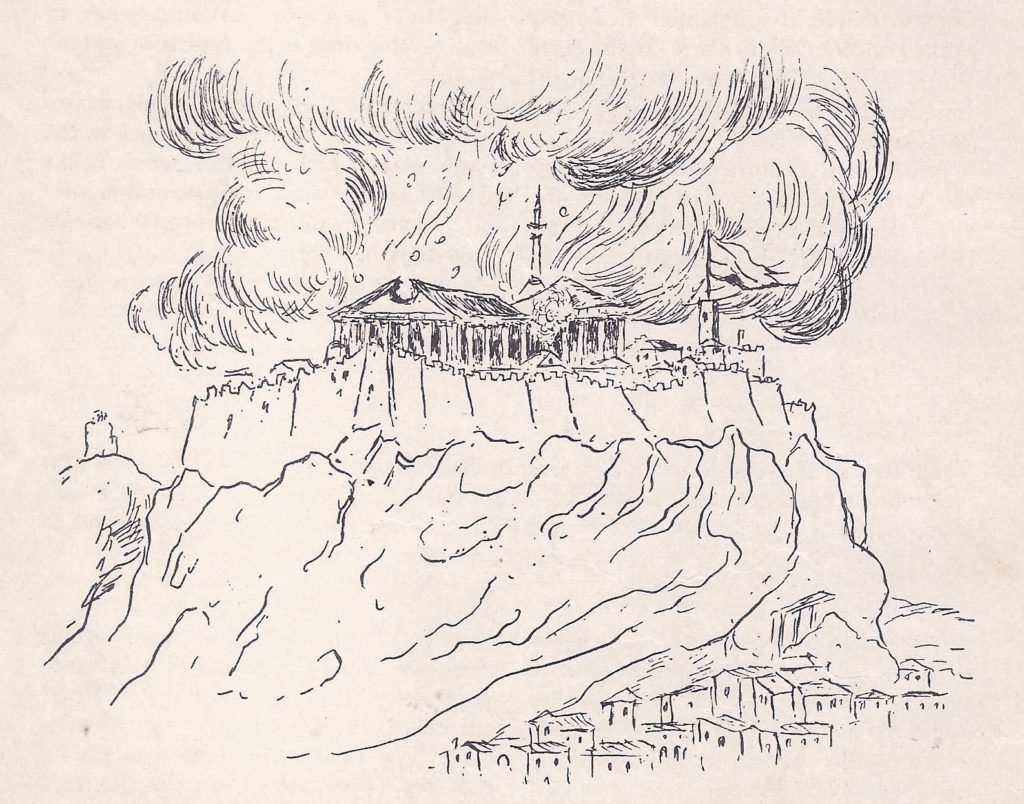
The term “Hellenistic Age” is a convenient historian’s label to cover the period which ends with the conquest of Greece by Rome in 146 B.C. (Having conquered first Italy and then her great rival, Carthage, Rome had become the greatest power in the Mediterranean.) In fact, as the Roman poet Horace wrote, Greece was in a sense the victor. The works of her writers and artists had more effect on the simple, rough Romans than the Roman soldiers had on Greece. Educated Romans began to learn Greek as a second language, but Latin was nowhere imposed upon the conquered Greeks.
So what one may call the ‘cultural’ empire of Alexander survived through Roman times and took on a new life when (AD. 328) the old Greek colony of Byzantium, was enlarged and renamed Constantinople. It supplanted Alexandria as the centre of a Christian Greek world which survived until the Turks finally conquered it in 1453. Athens fell a few years later (1458).
Nearly four centuries went by before the Greeks had a country of their own again. In 1821 Byron lamented the vanished splendours of the Aegean:
The Isles of Greece, the isles of Greece!
Where burning Sappho loved and sung,
Where grew the arts of war and peace,
Where Delos rose, and Phoebus sprung!
Eternal summer gilds them yet,
But all, except their sun, is set.
Athens was then an untidy village, sprawling below the ruins of the Parthenon. By 1832 the Greek War of Independence had been fought, won and the Turks were gone. Athens began to revive — this time as the capital of a kingdom.
Watch this Kingdom of the Hellenes. The Greeks; have given us so much in the past — plays which are still acted, books which are still read, temples and statues on which the sun still shines. What else have they in store?


